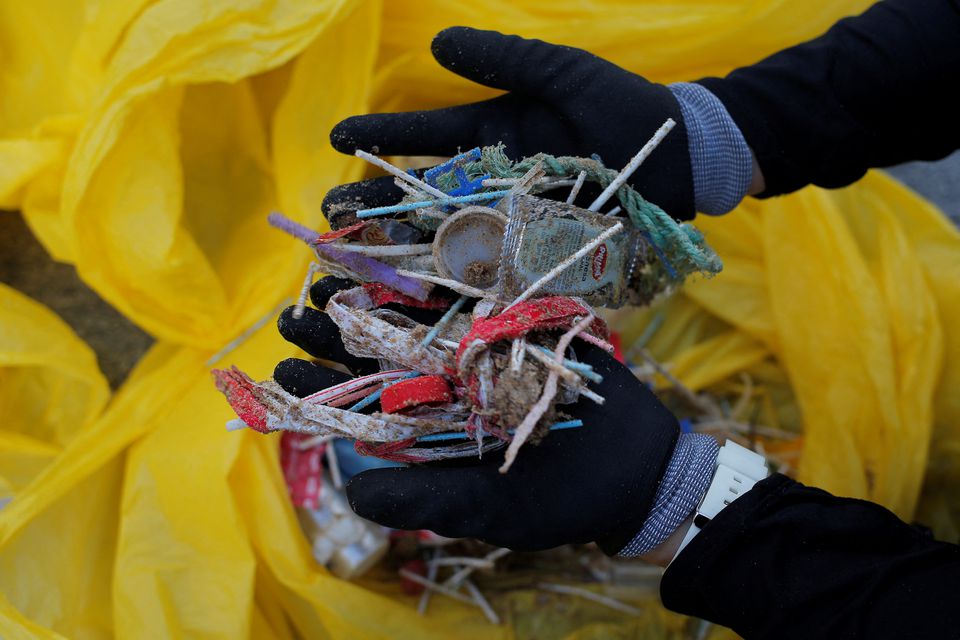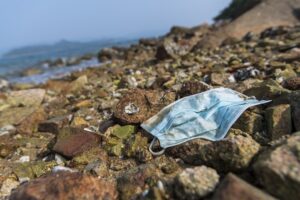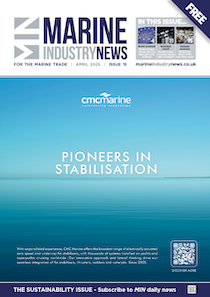European group to raise €4 billion to help reduce plastic in our oceans

A group of European development banks plans to double its funding for global efforts to stop plastic waste from polluting the world’s oceans to €4 billion ($4.6 billion).
The Clean Oceans Initiative, led by the French and German development banks and the European Investment Bank (EIB), says that ‘given the threats faced by the oceans and the urgency to protect this natural resource, the Clean Oceans Initiative decided to raise its target to provide €4 billion of financing by the end of 2025, instead of the €2 billion initially expected to be reached by 2023.’
According to Reuters, The Clean Oceans Initiative is the largest such grouping targeting plastic pollution of the sea.
In three years, the Initiative has already achieved 80 per cent of its target by providing € 1.6 billion long-term financing for public and private sector projects that reduce discharge of plastics, microplastics and other litter to the oceans through improved management of solid waste, wastewater and storm water.
It’s reported that around 8 million tonnes of plastic waste enter the oceans every year, most of it discarded on land or washed into rivers, threatening the marine environment and communities that rely on the sea for their livelihood.
“The oceans are under severe pressure: they are polluted, littered, overfished, their species richness is massively compromised,” says Stefan Wintels, chief executive of German development bank KfW.
Earlier this month, a review of more than 2,590 studies commissioned by the environmental group WWF said that by the end of the century, marine areas more than two and a half times the size of Greenland could exceed ecologically dangerous thresholds of microplastic concentration.
This is based on projections that plastic production is expected to more than double by 2040, resulting in plastic debris in the ocean quadrupling by 2050, the WWF report said.
Led by France’s Agence Française de Développement (AFD), KfW acting on behalf of the German Federal Government and the EIB, the group also includes Italy’s Cassa Depositi e Prestiti, Spain’s national promotional bank ICO, and has welcomed the European Bank for Reconstruction and Development as a new member.
The report said that improving management in developing countries, home to some of the fastest-growing and most densely populated cities, would help stop some of the 1.5 million tonnes of microplastics that end up in the sea every year.











